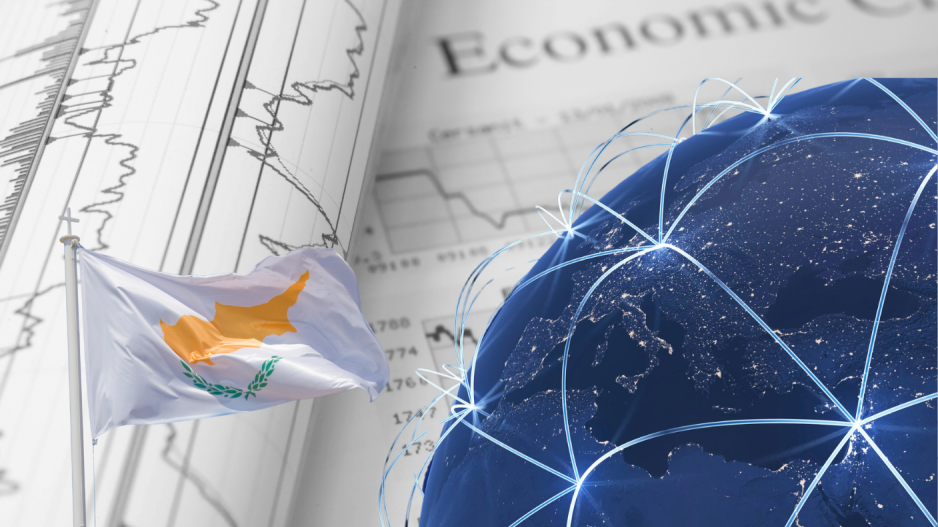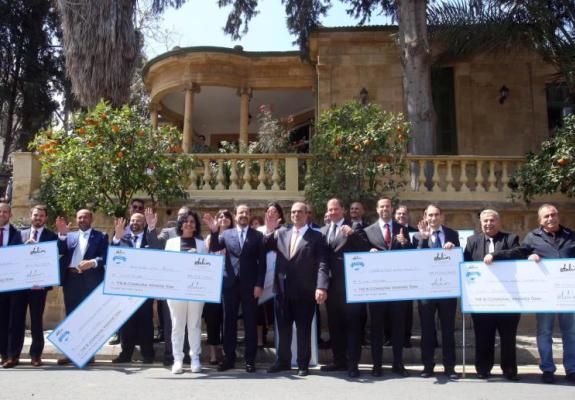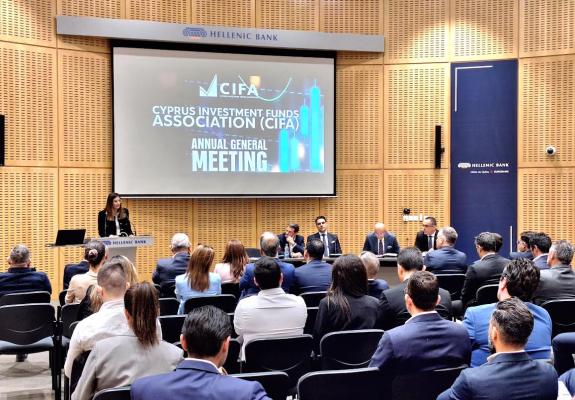Economic Interdependence for Peace - A Focus on Cyprus
Exploring economic interdependence for Cyprus as it is a part of the least connected region in the world.
Economic interdependence is increasingly recognized as a crucial factor in promoting peace and stability in today’s tense geopolitical landscape. For Cyprus, a nation with a history marked by division, economic interdependence offers a promising avenue toward peace and prosperity.
The experiences of the European Union in fostering peace through economic integration and interdependence serve as a significant backdrop for assessing Cyprus's potential pathways in similar ventures. This context brings into focus Cyprus's involvement in initiatives like the EuroAsia Interconnector and the advancements in Halloumi's Protected Designation of Origin (PDO), highlighting their roles in promoting peace and cooperation.
The European Union's approach to economic integration has been instrumental in transforming conflict into peace. Following the end of World War II, the EU focused on creating sustainable peace through economic cooperation and prosperity. The European Union has successfully established peace through economic integration, exemplified by the single market that facilitates the free movement of people, goods, and services, and a united currency that simplifies transactions. Pruebe plinko juegos de azar , no te arrepentirás
This model has shown that while economic interdependence can reduce the possibility of war, it is the combination of economic integration with political integration that truly fosters sustainable peace.
Regional integration and regional value chains are the evolution of globalization in a post-covid and in-conflict world. The Mediterranean - where Cyprus resides as Europe’s frontline to the Levant and Middle East - is a region of 500 million people producing 10% of global GDP as of 2018 but only a quarter of the region’s trade is intra-regional. This makes it the least connected region in the world.
Cyprus stands at the crossroads of leveraging economic interdependence to foster regional peace. The EuroAsia Interconnector project, which aims to connect the electricity grids of Cyprus, Israel, and Greece, is not just an energy venture but a symbol of regional cooperation and peace. Such projects align with the EU's strategy of promoting peace through economic collaboration, creating intra-regional opportunities for peace through economic interdependence.
In the context of the Halloumi PDO, the inclusion of Turkish Cypriots in obtaining their PDO status for Halloumi marks a significant step toward economic cooperation between the communities.
This development transcends economic benefits, offering a platform for improved relations and mutual understanding between Greek and Turkish Cypriots, reflecting the EU’s model of using economic ties to promote peace. Opportunities for intra-ethnic peace and prosperity are equally important for Cyprus in creating a better connected economy.
Cyprus's journey toward peace through economic interdependence is laden with opportunities. The EU's model, which integrates economic ties with political cooperation, provides a blueprint for Cyprus. The EuroAsia Interconnector and the Halloumi PDO are not just economic initiatives but also potent symbols of unity and cooperation.
Embracing economic interdependence could lead Cyprus to a future where peace and prosperity are shared across all its communities. This approach aligns with the broader EU ethos, where economic cooperation and integration have proven to be effective tools in fostering peace and stability in the region.






